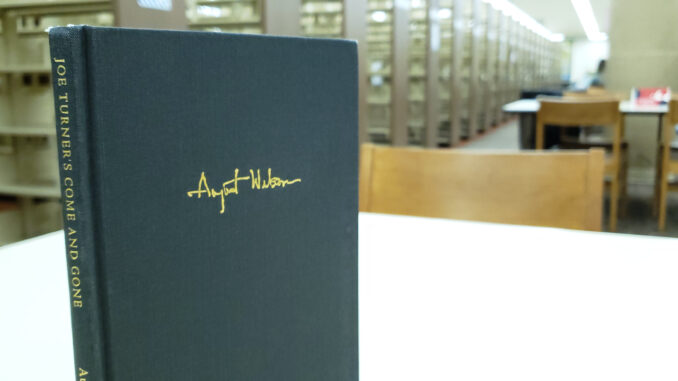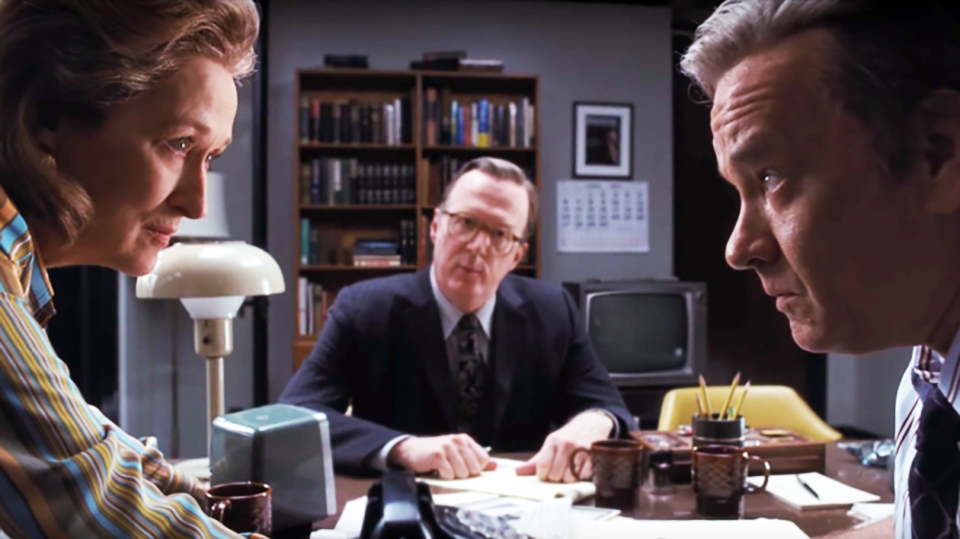
Zoe Stratos | opinions editor
Nov. 18, 2021
The stress of scheduling is in full swing for college students across the country. Whether you are a science, business or liberal arts major, there are always new courses popping up during registration.
Other new and irregular courses will be offered this spring, along with the latest Bridges curriculum.
A special topics psychology course will be available for students to take: Introduction to Counseling and Psychotherapy, taught by Roger Brooke.
Labeled as a 200-level course, Intro to Counseling and Psychotherapy is new to Duquesne’s curriculum and Brooke “leapt” at the opportunity to teach it.
“We have thought from time to time that it would be nice to teach a course on counseling or psychotherapy,” Brooke said. “We tend to resist doing so because it’s not easy. It was difficult to think of how we could put it together, but we decided to do so partly from pressure from students.”
In Brooke’s class, students learn through a series of films treating a real life patient in three different ways. Along with the three films, many have written associated papers coinciding with the film’s content.
But a major plus of Brooke’s class is his own experience in psychotherapy. With 40 years as a psychotherapist and a supervisor of students in psychotherapy, the course allows for students to develop a foundation from firsthand accounts.
Although Brooke stresses that the course doesn’t qualify a student to practice psychotherapy, he believes the course to be helpful in future careers in counseling, nursing and health professions and teaching professions.
“Quite a lot of it is about listening skills and how to listen at an emotionally intelligent level, for example. So I think that the course has benefits which go well beyond counseling and psychotherapy,” Brooke said.
Although Introduction to Counseling and Psychotherapy is offered this spring as a 200 level course, Brooke recommends taking Introduction to Psychology and Psychoanalysis as a Human Science before delving into psychotherapy.
The course is offered on Tuesdays and Thursdays from 12:15 to 1:30 p.m..
Another course offered this spring is August Wilson Storytelling, a special studies course offered by the English department that focuses on the work of the Pittsburgh Playwright and his “cycle” of 10 plays.
Taught by John Lane — and labeled as a 400 level — the course is offered irregularly and is making a comeback this spring.
“Nine are set in Pittsburgh, one in Chicago and all deal with an aspect of African American history in each decade of the 20th century,” Lane said. “It’s not necessarily a history of the African American experience, but it is the flavor about big things that were happening in each of the decades: the search for identity and the search for cultural significance.”
Lane came up with the idea of the course after working in the Pittsburgh Public Theatre, where several of Wilson’s plays premiered. Lane worked with Wilson, and felt his works were monumental achievements in theater.
Although an English course, Lane believes the plays are a source of learning for those in other majors as well.
“I think it’s a great mix of actual history and fictional storytelling. There are undeniable historical events happening in each of these decades and yet the story being told is completely fictional,” Lane said. “It can appeal to history students. There’s a lot of African folklore incorporated into August Wilson’s plays, so sociology and psychology, and anyone interested in African and African American history would be interested in this.”
Although taught before, Lane is always finding new research and critical theories in response to Wilson’s work, but most importantly loves teaching about his favorite play: Joe Turner’s Come and Gone.
“What I really like about it is that there’s kids today who are unfamiliar with the actual historical part of the Joe Turner story, which, although it is part of the play, doesn’t really have anything to do with the play,” Lane said.
“It’s about an individual man’s search for his place in life, but that historical background is so important and these kids don’t know the story of who Joe Turner was and what a horrible man he was and how he ruined the lives of so many African Americans. But then there’s the sense of African folklore and the great Juba scene of Bynum the mystic man. There’s all of this realism; it’s a realistic play, but there’s mythology and mysticism. I think it’s just brilliant.”
August Wilson Storytelling is offered on Monday, Wednesday and Friday from 12:00 to 12:50 p.m. Anyone can take the course with the help of advisors clearing the English focused requirement of taking 300W as a prerequisite.
Students looking to learn more about these classes can look at their Dori…




